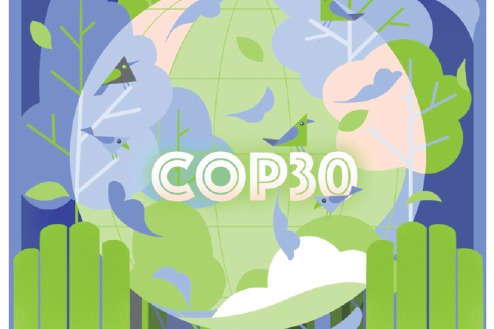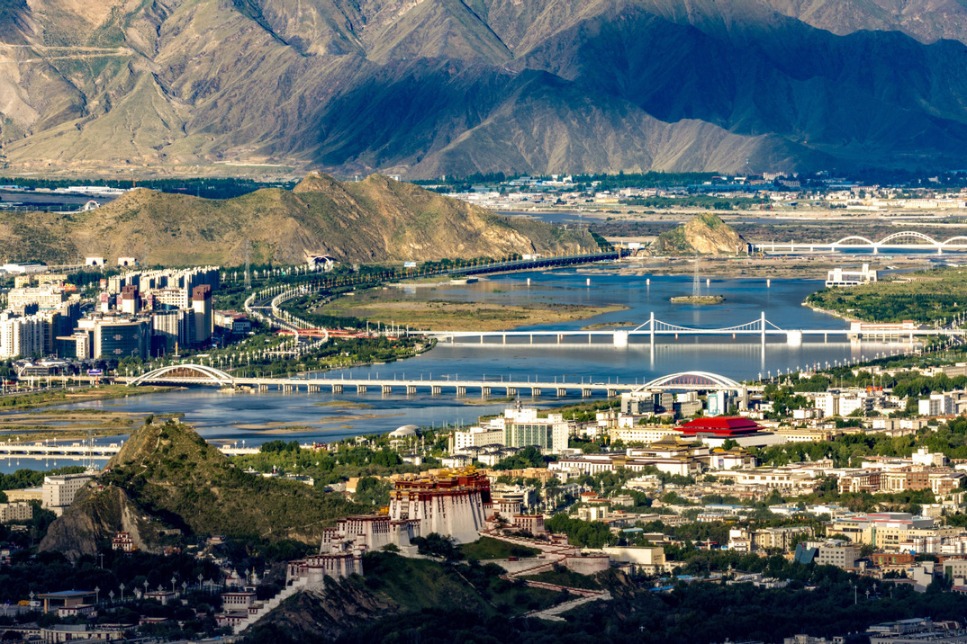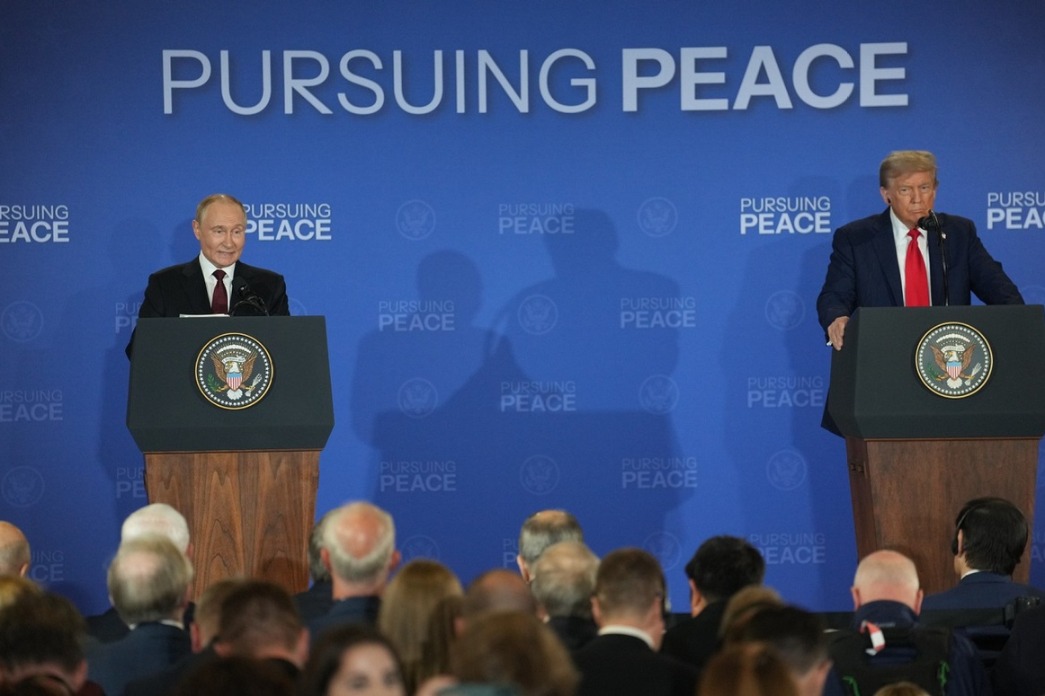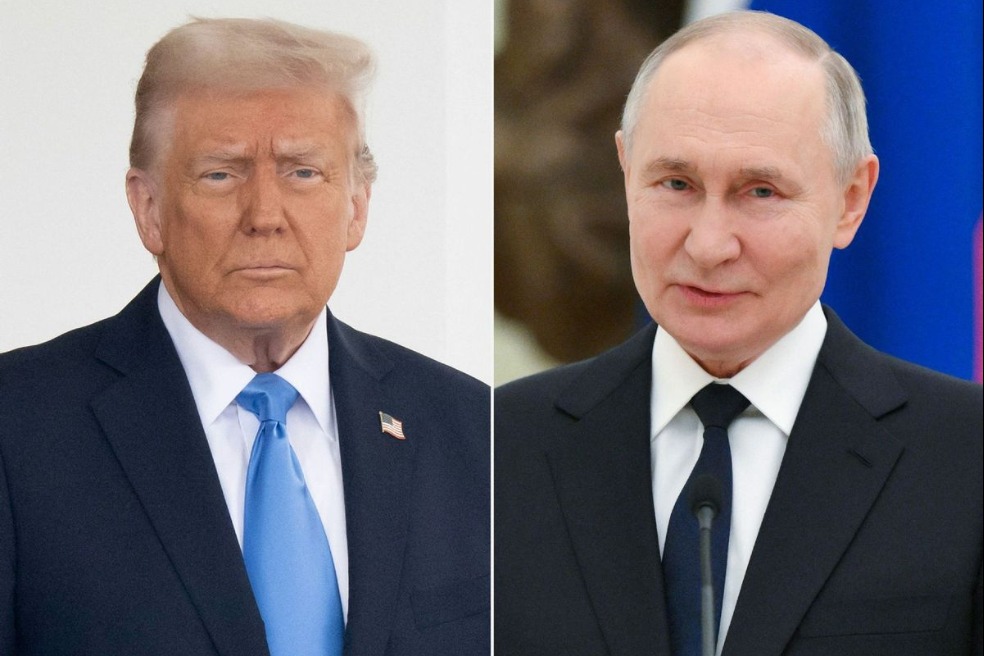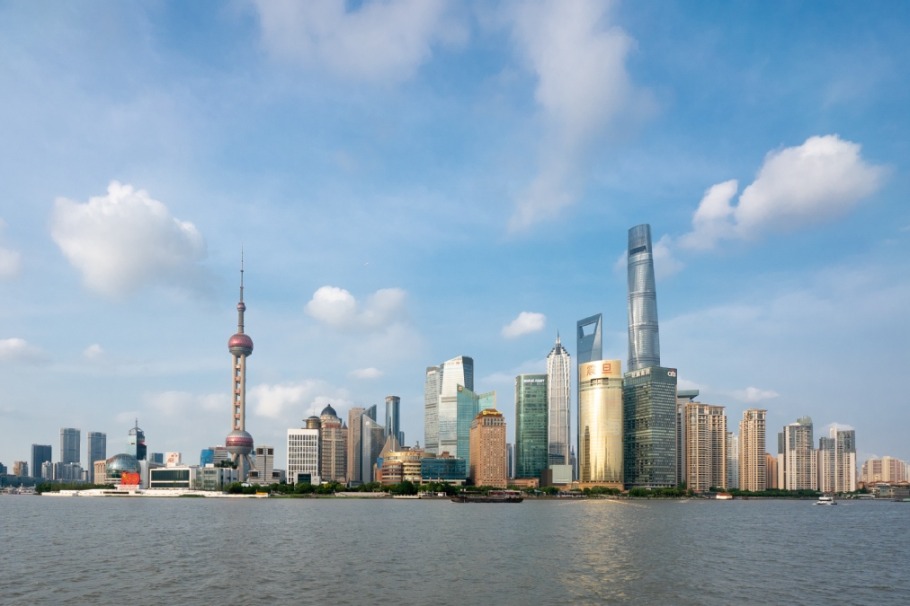The great power game behind the Alaska summit

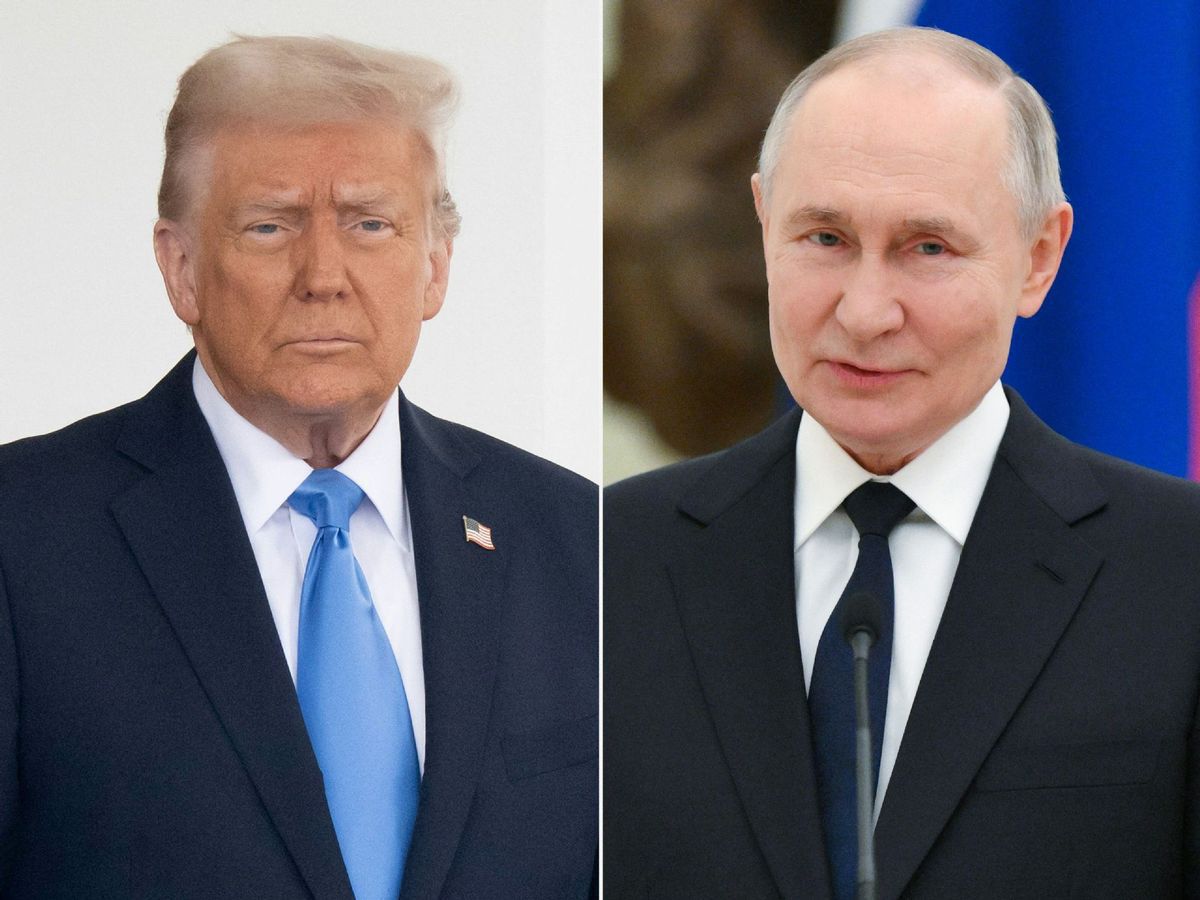
The talks between US President Donald Trump and Russian President Vladimir Putin in Alaska on Aug 15, which ended without an agreement on the Russia-Ukraine conflict, can be summarized in three sentences. First, the outcome was not the best, but also not the worst. Second, the result was just barely acceptable. And third, it was exactly as expected.
The Russia-Ukraine conflict has dragged on for more than three years and it is unreasonable to expect that the two leaders would resolve everything in one go. With no deal, the two sides haven't achieved the goal they had set. But the silver lining is that the two leaders have promised to meet again in Moscow, which shows that while the summit produced no breakthrough, it was also not a failure.
The biggest positive is that the two sides are finally talking. To be sure, US-Russia relations have long been rocky, but the two sides have never cut off dialogue completely. Back in June 2021, then US President Joe Biden met Putin in Switzerland. But after the Ukraine crisis, US-Russia ties froze to a near "no-contact" level.
Against this backdrop, the Alaska summit represents a welcome thaw in the relationship. Dialogue is always better than confrontation. Recently, the US stationed nuclear submarines near Russian waters. The two nuclear superpowers, each capable of destroying the Earth many times over, must never clash. The Cuban missile crisis of 1962 must never be repeated. From that perspective, the Trump-Putin summit is a shot of adrenaline for global security.
At a personal level, the summit was a win-win for both Trump and Putin. Trump gave the meeting a perfect 10, though he hasn't walked away with any tangible gain. However, this diplomatic show is enough for him to portray himself as a winner. Putin won a little more because the summit puts him back on the center stage of world politics, where he is now equal to the US president in stature.
The summit was on the Russia-Ukraine conflict, but it has wider implications. If US-Russia ties ease, Europe may grow more skeptical of the US and possibly push harder for strategic autonomy. And if Trump shifts focus away from Europe and toward China, he might seek closer ties with Russia to advance US interests, potentially complicating global strategic balances. That would make global competition even fiercer.
The world order has changed in recent years. But some countries, especially in the Global South and the developing world, preferred not to side with either camp. Other countries, such as Japan, South Korea and Singapore, remain aligned with the West. Still others, including Belarus and Iran, continue to do business with Russia, something the US frowns upon. India's hopes of balancing between Washington and Moscow have collapsed after Trump slapped tariffs on imports from India in response to its Russian oil purchases.
On the surface, the world is watching to see whether Trump will "betray" Ukraine.
The future of the international order is at stake. Since World War II, sovereignty and territorial integrity have been the global baselines. Big or small, every nation should be equal and the fate of small countries cannot be decided by big powers. Human society doesn't follow the jungle rule of "survival of the fittest" but is guided by rules and principles. The solution should be fair, and not dictated by brute force.
The author is director of the American Studies Center at Zhejiang International Studies University, and senior fellow at the Charhar Institute, a think tank on diplomacy and international relations. The views don't necessarily represent those of China Daily.
If you have a specific expertise, or would like to share your thought about our stories, then send us your writings at opinion@chinadaily.com.cn, and comment@chinadaily.com.cn.






















